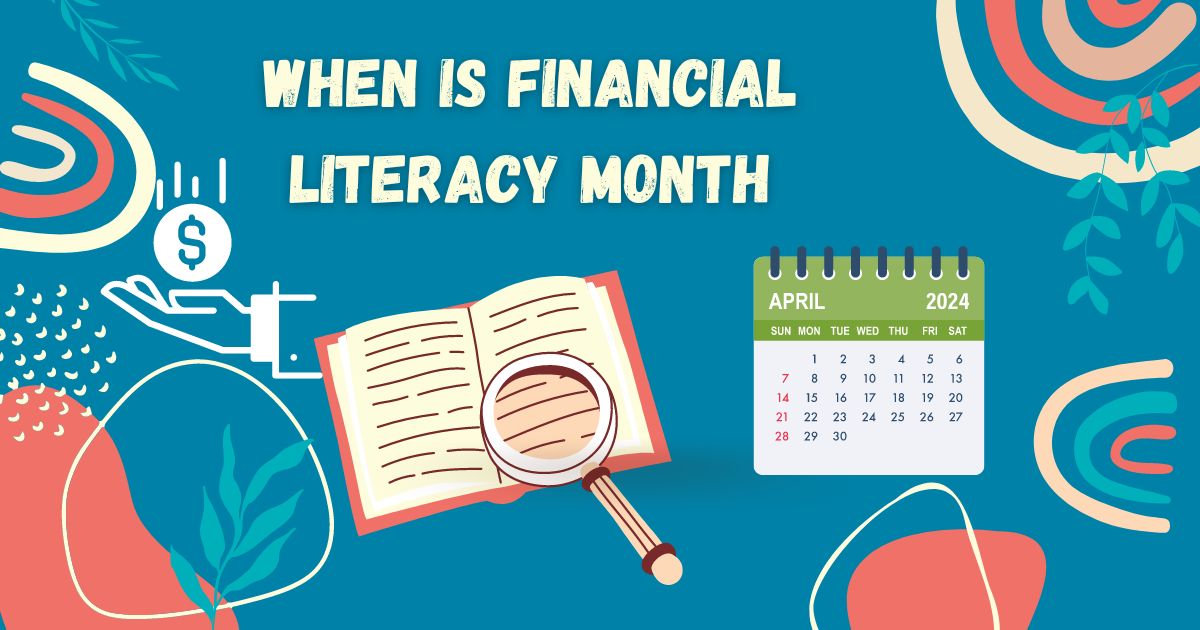Introduction
Financial literacy is an essential skill that empowers individuals to make informed decisions about their finances. In today’s fast-paced economy, understanding financial concepts can help people manage their money effectively, build wealth, and secure their future.
This article explores the key advantages of financial literacy and provides insights on how it can positively impact your life.
What Is Financial Literacy?
Financial literacy refers to the knowledge and skills required to manage financial resources efficiently. It includes understanding key concepts like budgeting, saving, investing, debt management, and financial planning.
Being financially literate equips individuals with the ability to make sound financial decisions, avoid common financial pitfalls, and achieve long-term financial stability.
Key Advantages of Financial Literacy
1. Effective Budgeting
Financial literacy enables you to create and stick to a budget. By tracking your income and expenses, you can identify areas where you can save, allocate funds wisely, and avoid overspending. A well-structured budget ensures financial discipline and minimizes the risk of falling into debt.
2. Improved Savings Habits
Understanding the importance of saving is a cornerstone of financial literacy. It encourages individuals to set aside money for emergencies, future goals, and unexpected expenses. Savings provide a financial cushion and reduce reliance on credit.
3. Smarter Investment Decisions
Financial literacy helps individuals comprehend different investment options, such as stocks, bonds, mutual funds, and real estate. With this knowledge, you can assess risks, diversify your portfolio, and grow your wealth over time.
4. Better Debt Management
Many people struggle with managing debt due to a lack of financial understanding. Financial literacy teaches how to prioritize debt repayment, reduce interest costs, and avoid excessive borrowing. This helps individuals achieve financial freedom sooner.
5. Enhanced Retirement Planning
A key advantage of financial literacy is the ability to plan for retirement. Knowing how to leverage retirement accounts, such as 401(k)s or IRAs, and understanding compound interest can help you build a secure retirement fund.
6. Increased Financial Independence
Financially literate individuals are less likely to rely on others for financial support. They can navigate life’s financial challenges independently and make confident decisions regarding their money.
7. Protection Against Fraud
Understanding financial concepts reduces the likelihood of falling victim to scams or fraudulent schemes. Financially literate individuals are more cautious about sharing personal information and are better equipped to spot red flags in financial deals.
How to Improve Your Financial Literacy

How to Improve Your Financial Literacy
- Read Books and Articles: Explore trusted resources on personal finance topics.
- Take Online Courses: Enroll in courses that cover budgeting, investing, and financial planning.
- Seek Professional Advice: Consult financial advisors to gain personalized insights.
- Practice Financial Discipline: Apply what you learn by creating a budget and tracking expenses.
FAQs About What Are the Key Advantages of Financial Literacy?
1. Why is financial literacy important?
Financial literacy is crucial because it helps individuals manage their money, avoid debt, and achieve financial security. It empowers people to make informed decisions about their finances.
2. How does financial literacy benefit families?
Financial literacy enables families to budget effectively, save for future goals, and avoid financial stress. It also helps parents teach their children responsible money management.
3. Can financial literacy help in avoiding bankruptcy?
Yes, financial literacy teaches individuals how to manage debt, budget wisely, and save for emergencies, reducing the likelihood of bankruptcy.
4. What are the consequences of poor financial literacy?
Poor financial literacy can lead to debt accumulation, poor savings habits, inability to invest, and increased vulnerability to financial fraud.
5. Is financial literacy only for adults?
No, financial literacy is essential for people of all ages. Teaching financial concepts to children and teenagers sets them up for lifelong financial success.
Conclusion
Financial literacy is a vital skill that offers numerous advantages, including effective budgeting, smarter investments, better debt management, and financial independence. By improving your financial literacy, you can take control of your finances, achieve your financial goals, and secure a brighter future.
Start your journey towards financial empowerment today by educating yourself and practicing sound financial habits.




